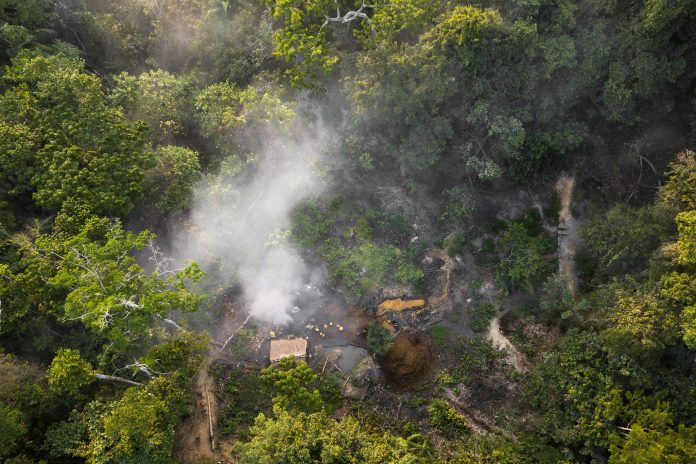Palm oil imports should peak next year and then begin to drop in 2023 before being phased out entirely by 2030. This is under the European Union’s updated Renewable Energy Directive, which was finalised in June.
However, the EU’s move has come amidst growing recognition that the consumption of palm oil in Europe contributes to deforestation, destruction of wildlife habitat and – when industrial palm oil growers clear rainforests – greenhouse gas emissions.
As reported by Deutsche Welle (DW), Germany’s international broadcaster, many argue that palm oil is going to be on the menu for some time, so the EU should ensure its production is sustainable
In Europe, about 40% of imported palm oil ends up being used as fuel, thanks to targets adopted in 2008 that mandated 10% of transport fuels come from renewable sources such as plant oils like palm or soy.
In an interview with DW, William Todts, director of Belgium-based non-profit Transport & Environment, explains how, despite good intentions, Europe ended up painting itself into an unsustainable corner.
“There are low-carbon fuel mandates, but we didn’t define what we thought were ‘good’ biofuels,” he told DW. “We set a big target without defining the rules — so the market decides, and the cheapest is palm oil.”
Todts said the energy market “has created a monster – now how do we get rid of it?”
According to Danielle van Oijen, a conservation advocate with Milieudefensie (Friends of the Earth Netherlands), only bigger societal changes will ensure sustainable palm oil use.
“The first step in sustainable consumption is less and different consumption in the Global North,” van Oijen told DW.
“We need to eat less meat; eat fresh, less-processed food with [less] fatty substances such as palm oil. And we definitely need to stop using palm oil to fuel our cars,” he said.
“The plant is not the problem, but the production model is,” she said. “Governments do not invest in smallholders, but rather see development as bringing in foreign investment with industrial production models.”
In a separate report, the Reuters news agency noted that Indonesia has asked for its companies to be allowed to build palm oil jet fuel plants in the United States and France as a condition for its airlines to buy Boeing Co and Airbus SE planes, its trade minister said.
This marks the latest effort by the world’s biggest palm oil producer to find ways to help mop up output of the tropical oil, its second-largest export, that is increasingly unwelcome in the European Union (EU) and United States given environmental and competitive concerns.
Home to the world’s third-largest expanse of tropical forests, Indonesia faces pressure to limit destruction of forests, particularly growing on carbon-rich peatlands, that are at risk from rapidly expanding palm and mining sectors.

